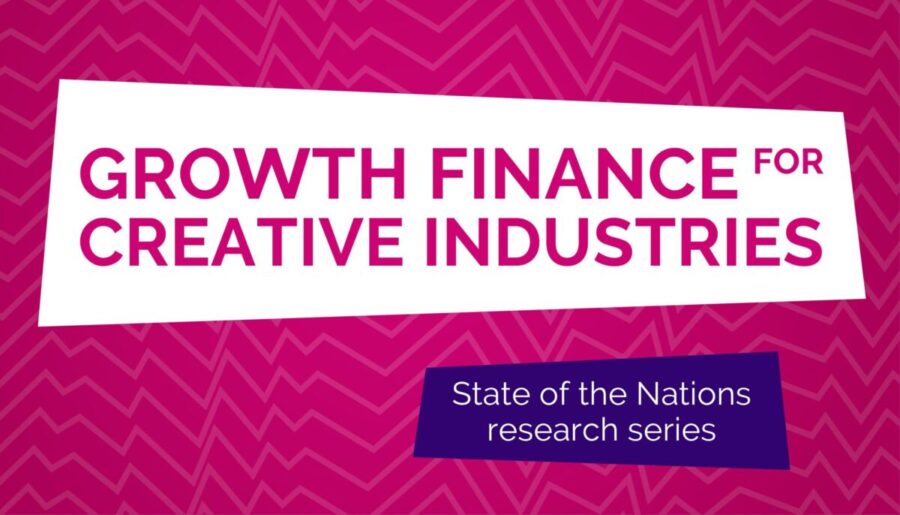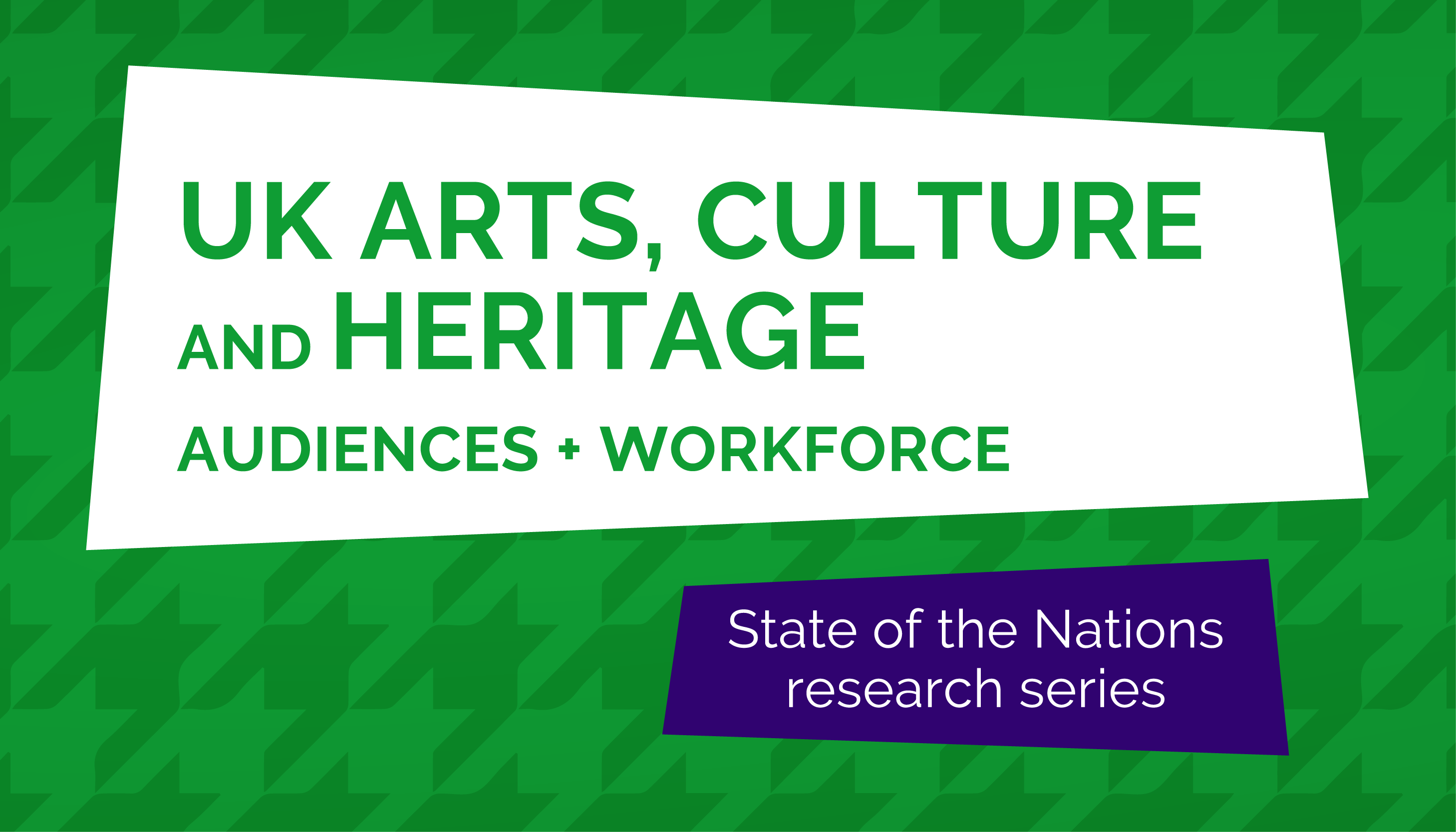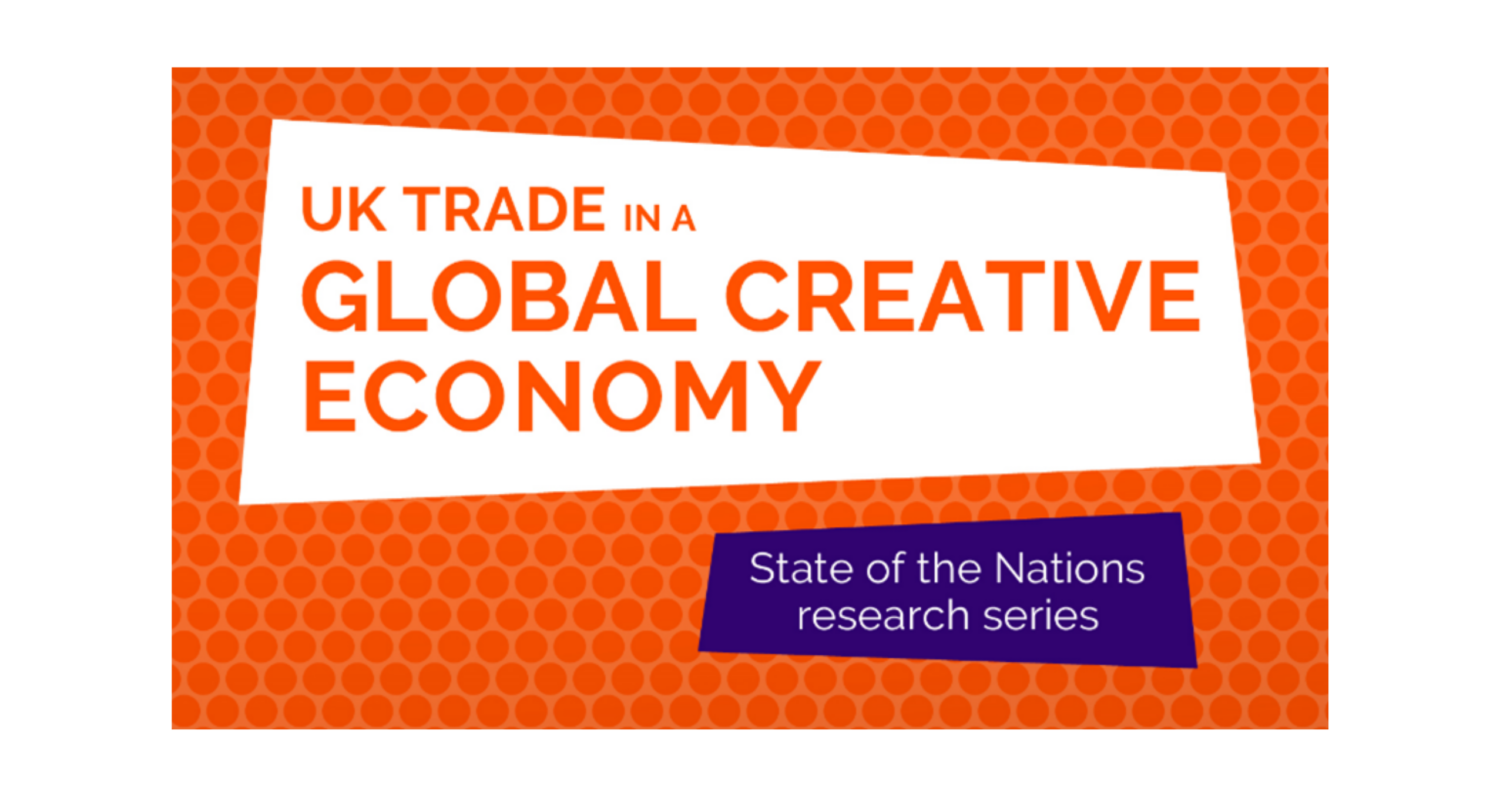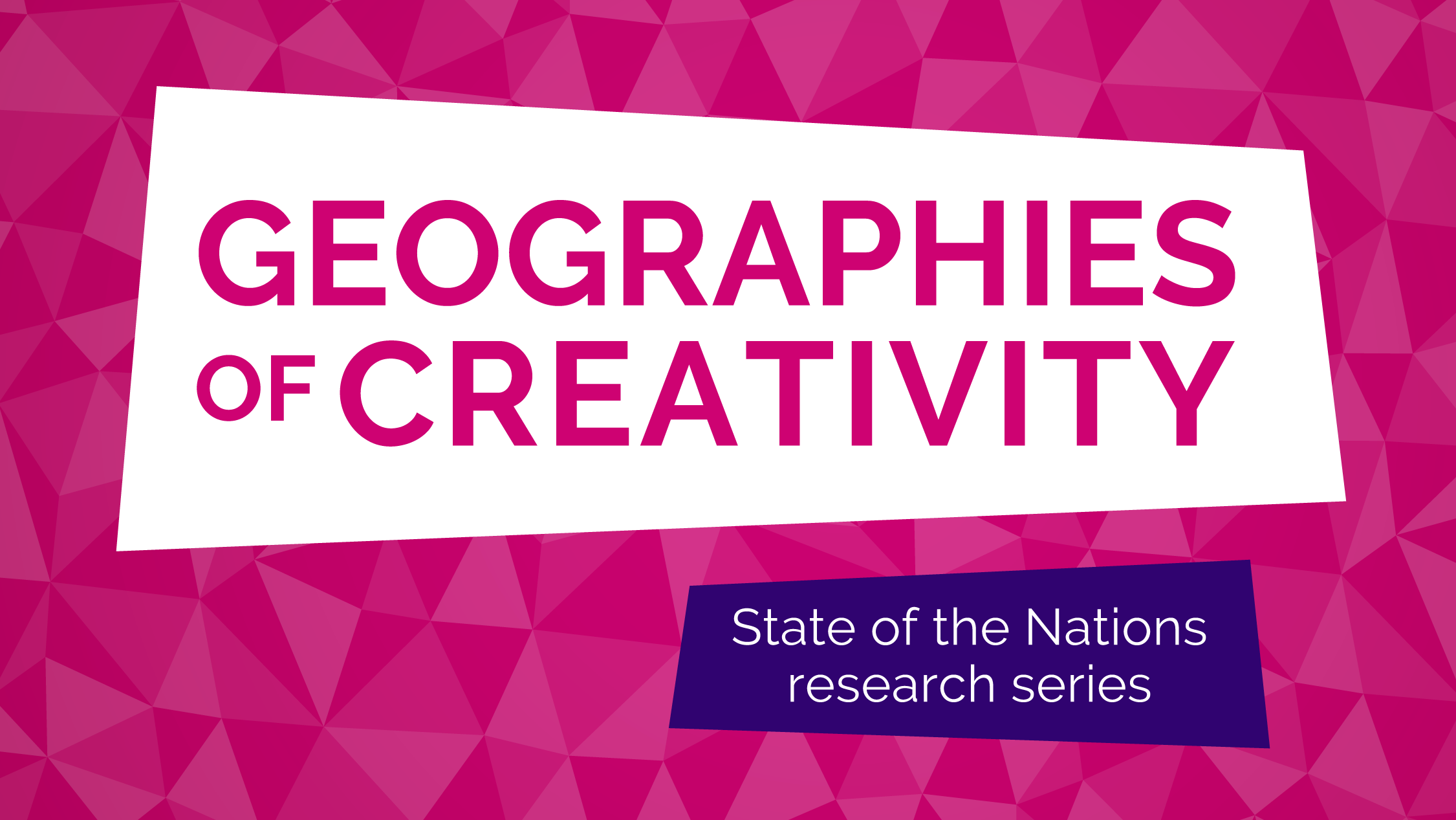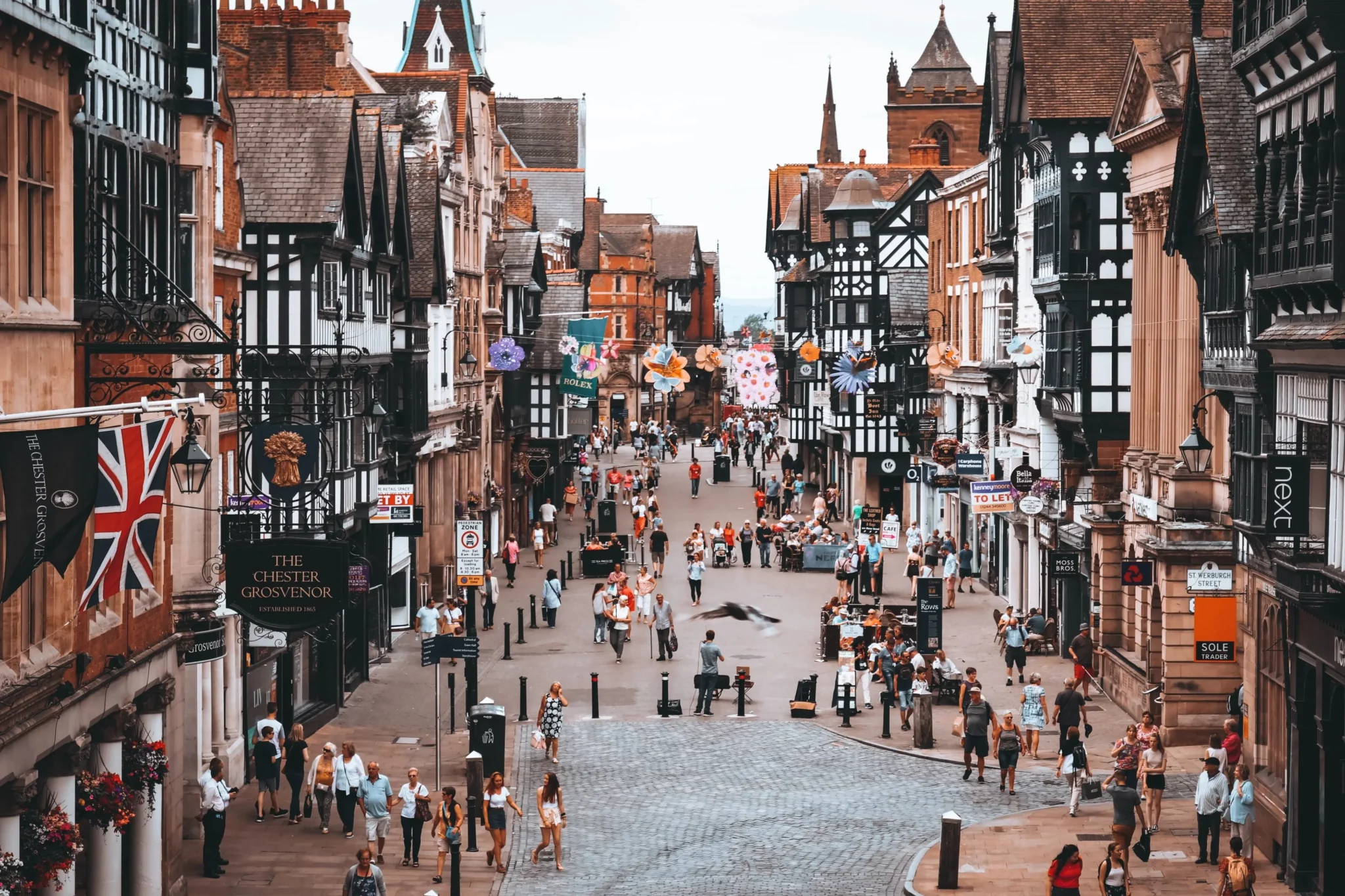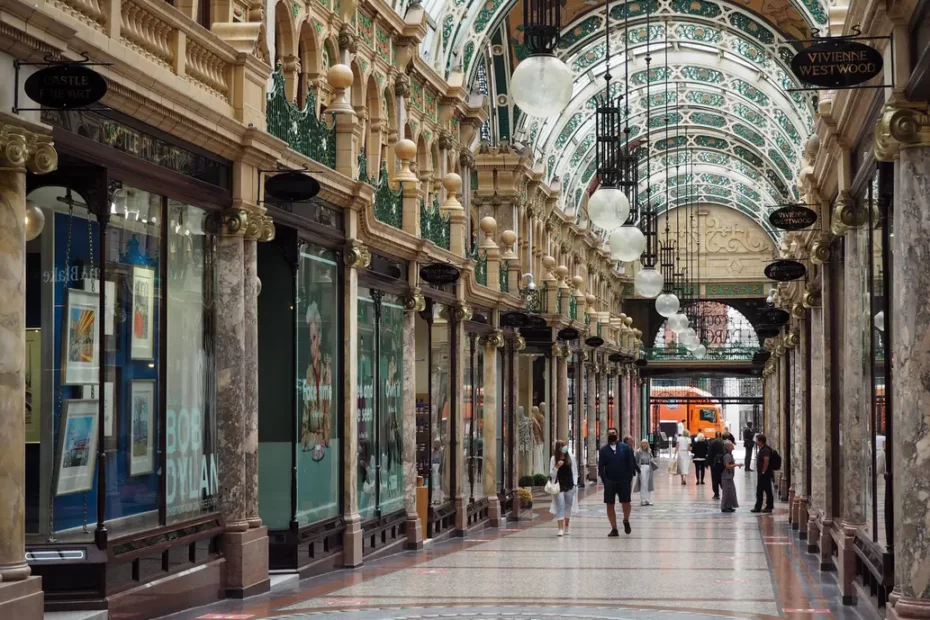August 2023 – It’s a commonly held view that the arts drive gentrification. Many city leaders argue that new creative firms and a growing artistic population can support economic renewal. But they are also thought to lead to less desirable outcomes such as the displacement of poorer communities and fuelling local tensions. A new working paper published by the Creative Industries Policy and Evidence Centre (Creative PEC), finds that, while there is a small positive correlation between creative activity and neighbourhood gentrification in England and Wales, typically it’s very small indeed. However, the study also finds evidence that gentrification impacts are more pronounced in a minority of neighbourhoods, especially in London and other big urban areas.
The working paper, which has not been externally peer-reviewed, combines a range of microdata at the Census Output Area level. It finds that in the average neighbourhood, a 10% increase in the share of creative industry businesses in 2001 led to only a 0.02% increase in its probability to gentrify over the following decade, 2001-2011. Similarly, a 10% increase in creative workers in 2001 (as opposed to companies) led to a 0.2% increase in the probability of gentrification in the following decade. These links get bigger when considering only neighbourhoods in the largest urban areas: London, Birmingham, Manchester, Liverpool, Bristol and Cardiff. In this case, results for firms rise to 0.04% and for workers, 0.37%.
The study ‘‘Creative Destruction?’ Creative firms, workers and residential gentrification’’ is the first of its kind to examine the impact of three distinct local changes; an increase in artists, an increase in creative firms and an increase in creative professionals moving to an area. Overall, the research suggests artists move first to an area attracted by lower rents and overtime, this attracts higher income residents that often displace the artists themselves. Creative businesses and creative services workers, on the other hand, tend to follow neighbourhood change, rather than cause it.
Despite the correlation between creative activity and gentrification being small, there is a still a small positive relationship. The research suggests ‘creative city’ and place-making activities do play an important role in economic regeneration and should be encouraged. However, a focus on labour market renewal and economic return needs to be carried out in tandem with local initiatives such as community building activity, skills training, rent control measures and planning interventions that really understand the local area.
Dr Tasos Kitsos, Associate Professor in Economics, Aston University says:
“Our study uses large datasets to examine a largely qualitative, complex and emotive issue. Our expansive, quantitative research design uncovers a range of mechanisms affecting the relationship between creatives and gentrification. As such, we manage to reconcile the disparate views on whether the creatives precede or follow gentrification and the inconsequential effects at the aggregate level with the experiential narratives of rapidly gentrified areas.”
Professor Hasan Bakhshi, Director of the Creative PEC says:
“It is sometimes claimed that growing creative clusters sets off a process of house price inflation whereby artists are crowded out. Although often lower paid, such artists are a driving force in the creative economy, so such residential gentrification may undermine clusters just as they are developing. Our latest paper shows that while places differ in myriad ways, gentrification is far from inevitable and in fact in the majority of cases is small. Policymakers should be mindful of the impact of growing creative clusters on house prices for local artists, but this is no reason for not growing them.”
The overall takeaway from the report is that while the arts, and the wider creative industries do correlate with increased gentrification, the increase is very marginal. Therefore, the research suggests there is potential to build on this small positive correlation and for policy makers to lead on more direct interventions to increase the scope of economic renewal and to support community cohesion activities to limit the negative side-effects of gentrification. With a holistic approach, informed by local knowledge, the findings suggest the creative sector could play a bigger and more inclusive role in economic regeneration.
The report’s contributors are available for interview.
‘Creative Destruction? Creative firms, workers and residential gentrification is by Tasos Kitsos, Aston University, Max Nathan, UCL, Diana Gutierrez-Posada, University of Oviedo.
It is available to download on Creative PEC’s website.
/ENDS
Notes to editors
Press contact: Alice Kent alice.kent@pec.ac.uk 07779029055 (Monday-Wednesday) and Anna Zabow 07713 619077 / anna.zabow@pec.ac.uk(Thursday & Friday)
About the Creative PEC
The Creative Industries Policy and Evidence Centre (Creative PEC) works to support the inclusive and sustainable growth of the UK’s Creative Industries through the production of independent and authoritative evidence and policy advice. Led by Newcastle University, with the Royal Society of Arts the Creative PEC is funded by the Arts and Humanities Research Council. www.pec.ac.uk and @CreativePEC
Related News and Press
With the right financial support creative industries could fuel the Government’s growth mission and help tackle persistent regional inequality
A new report published today by the AHRC-funded Creative Industries Policy and Evidence Centre (Crea…
Access to Finance: launch of new research project
New research is being undertaken by Creative UK in partnership with the Creative Industries Policy a…
New research points to a looming creative economy skills shortage across the UK
New report shows ‘severe’ decline in creative further education participation Embargoed 17 July 00.0…
Press Release: New research, including – once in a decade data – provides comprehensive overview of audiences and workforce across arts, culture and heritage.
Embargoed 00.01 Wednesday 15 May 2024 (BST) For the first time, census data has been used to provide…
Press Release: UK’s creative industries are an export success story
New report shows creative strength despite Brexit and Covid Embargoed 00.01 Wednesday 20 March 2024,…
Introducing the Creative PEC’s Research Fellows Network
By Professor Hasan Bakhshi, Director Creative PEC and Professor Giorgio Fazio, Director of Research …
‘One Creative North’ plans finalised at summit ahead of Convention of the North
30 organisations meet to set out a bold new vision for the north of England’s creative industries To…
Press Release: Investing in ‘creative clusters’ is key to economic growth– and helping to level up the UK economy
A new report published today, provides fresh insight on where policy intervention could be best targ…
Press release: With coordinated action North of England based creative industries could add £10bn to the UK economy
Today, the Royal Society for Arts, Manufactures and Commerce (RSA) and the Creative Industries Polic…
Press Release: ‘Creative Corridors’ can be the key to the UK’s creative industries’ ambitions
Today (Saturday 16 September), three major institutions announce a joint agreement to work together …
Press release: Relationship between creative industries and gentrification overstated says new study
August 2023 – It’s a commonly held view that the arts drive gentrification. Many city leaders …
Press Release: Could the UK be a creative haven for writers? With support from policymakers, yes, says new report
17 August 2023 – The latest Authors’ Earnings Survey, from researchers at the CREATe Research …

